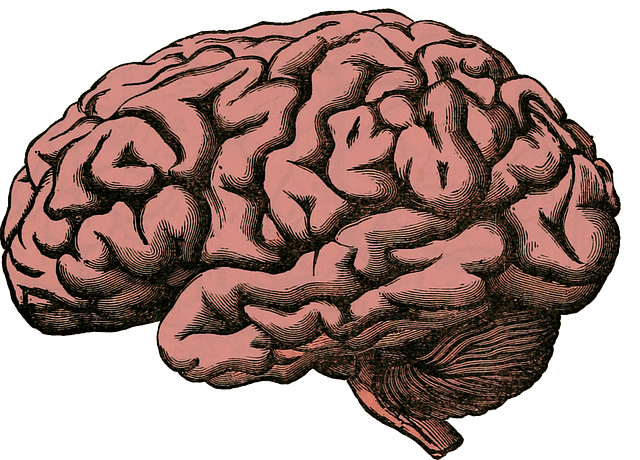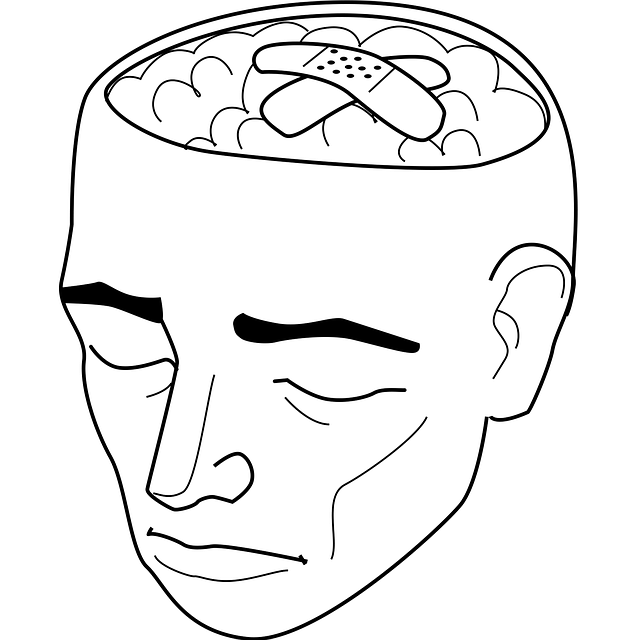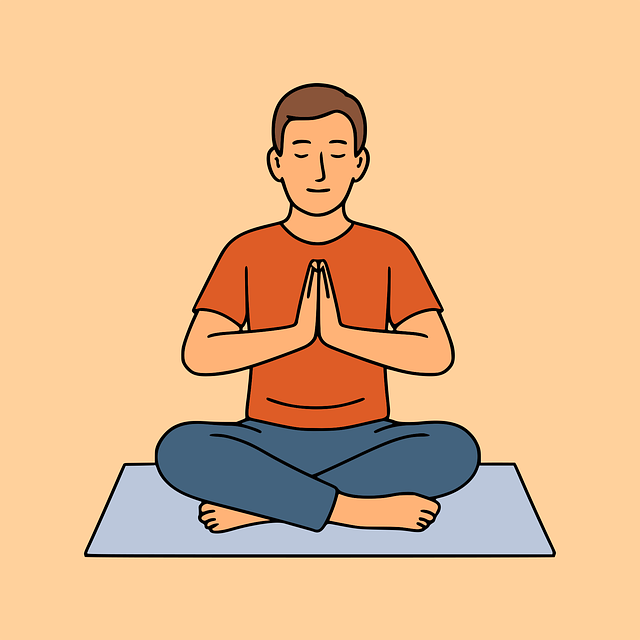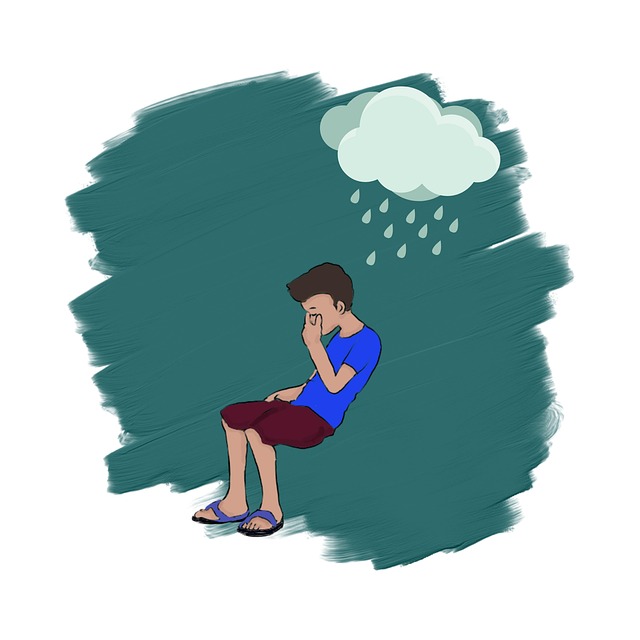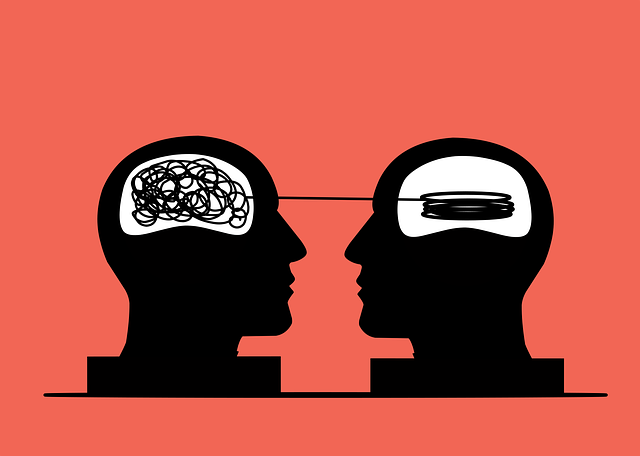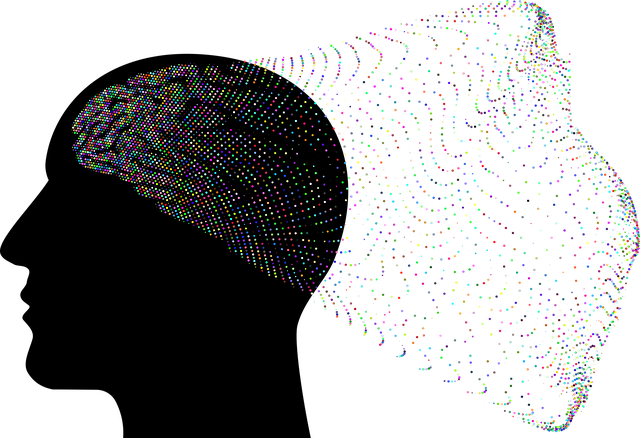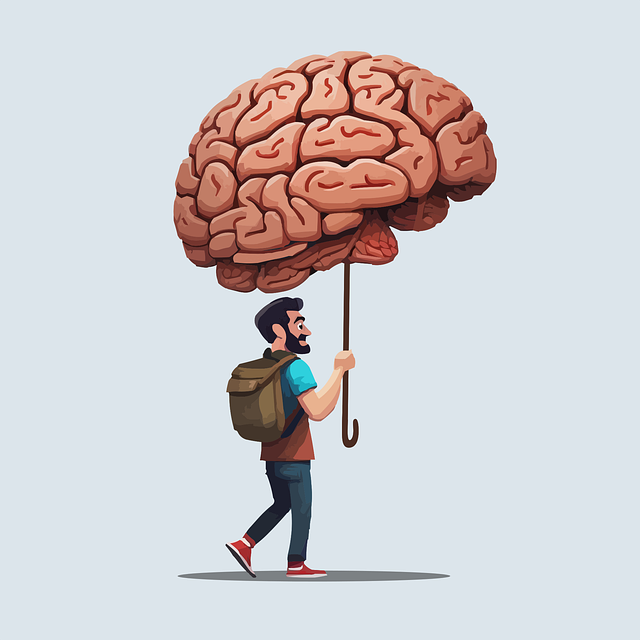Colorado Springs Neuro Disorders Therapy emphasizes resilience as a core strategy, empowering individuals with effective coping mechanisms for stress, trauma, and chronic conditions. Using the RFM model (Resources, Strengths, Motivation), they foster emotional regulation through cognitive-behavioral therapy, mindfulness practices, journaling, and proactive guidance. This holistic approach enhances well-being, strengthens personal relationships, and improves career pursuits, benefiting both clients and mental health professionals. Case studies play a crucial role in refining tailored treatment methods for optimal patient outcomes, ensuring Colorado Springs Neuro Disorders Therapy remains at the forefront of innovative care.
In the realm of Colorado Springs Neuro Disorders Therapy, building resilience is a game-changer. This article delves into the power of Resilience and its significant impact on managing neuro disorders. We explore the RFM (Resource, Strengths, Motivation) model, revealing how it enhances therapy. Through practical guides and case studies, we demonstrate effective resilience-building exercises tailored for Colorado Springs Neuro Disorders Therapy. By implementing these strategies, therapists can foster adaptability, empower patients, and significantly enhance treatment outcomes.
- Understanding Resilience and its Impact on Neuro Disorders
- The Role of RFM (Resource, Strengths, and Motivation) in Therapy
- Designing Effective Resilience Building Exercises for Colorado Springs Neuro Disorders Therapy
- Implementing RFM in Practice: A Step-by-Step Guide
- Case Studies: Measuring Success and Enhancing Patient Outcomes
Understanding Resilience and its Impact on Neuro Disorders

Resilience is a powerful tool in navigating life’s challenges, especially for individuals living with neuro disorders. Understanding and cultivating resilience can significantly impact one’s ability to cope with stress, trauma, or chronic conditions. It involves embracing inner strength and adaptability in the face of adversity, enabling people to bounce back from setbacks and continue growing despite difficult circumstances. This is particularly relevant in Colorado Springs Neuro Disorders Therapy, where professionals aim to empower patients to manage their conditions effectively.
Building resilience goes beyond mere stress management; it’s about fostering a sense of control, purpose, and optimism. Through various exercises and techniques, such as cognitive-behavioral therapy and mindfulness practices, individuals can enhance their coping mechanisms and overall well-being. This is crucial, especially when considering the risk assessment for mental health professionals, who often deal with intense cases. By supporting clients in developing inner strength, therapists contribute to their long-term resilience, fostering a sense of empowerment that can extend to various aspects of life, including personal relationships and career pursuits.
The Role of RFM (Resource, Strengths, and Motivation) in Therapy

In Colorado Springs Neuro Disorders Therapy, the RFM model—focusing on Resources, Strengths, and Motivation—serves as a powerful framework for enhancing therapeutic outcomes. This approach recognizes that individuals bring unique strengths and resources to their healing processes, which can be leveraged to improve emotional regulation and mental wellness. By identifying and cultivating these internal assets, therapists can guide clients towards more effective coping strategies and emotional healing.
The RFM model encourages active participation in therapy through journaling exercises and other guidance designed to strengthen emotional resilience. This proactive approach allows individuals to take control of their mental health journey, fostering a sense of empowerment and self-awareness. In turn, this increased awareness supports the development of healthier emotional responses, contributing to overall well-being and enhancing the effectiveness of therapeutic interventions for neuro disorders in Colorado Springs.
Designing Effective Resilience Building Exercises for Colorado Springs Neuro Disorders Therapy

Designing effective resilience building exercises for Colorado Springs Neuro Disorders Therapy requires a tailored approach that caters to the unique needs and challenges faced by individuals with neuro disorders. These exercises should aim to enhance emotional regulation, a key component of mental wellness, particularly in a city like Colorado Springs known for its varied climates and outdoor activities. Mental wellness journaling exercise guidance can be a powerful tool, encouraging clients to reflect on their experiences, track progress, and develop coping strategies.
By integrating these exercises into therapy sessions, practitioners in Colorado Springs Neuro Disorders Therapy can foster resilience by promoting self-awareness and adaptive behaviors. Customized mental wellness journaling prompts, for instance, can help individuals process complex emotions, set achievable goals, and cultivate a positive mindset. Ultimately, these strategies contribute to improved mental wellness, enabling clients to navigate life’s challenges with greater ease and confidence.
Implementing RFM in Practice: A Step-by-Step Guide

Implementing RFM (Resilience, Flexibility, and Mindfulness) in Practice: A Step-by-Step Guide
In Colorado Springs Neuro Disorders Therapy, the RFM approach is a powerful tool to enhance resilience among individuals dealing with mental illness. This method encourages patients to develop flexibility in their thinking and behavior, fostering adaptability in the face of challenges. The first step is introducing mindfulness practices, which help individuals become more aware of their thoughts and emotions without judgment. Through meditation and breathing exercises, patients learn to observe their internal experiences, reducing reactivity to stressful situations.
Subsequently, building resilience involves teaching practical coping strategies. This includes stress management techniques, such as progressive muscle relaxation and cognitive reframing. By learning to reframe negative thoughts, individuals can challenge unhelpful beliefs and develop a more positive outlook. Additionally, encouraging physical activity and healthy habits supports overall well-being and boosts resilience. These practices are particularly beneficial in reducing burnout prevention strategies for healthcare providers, fostering empathy-building strategies within the therapeutic context.
Case Studies: Measuring Success and Enhancing Patient Outcomes

In the realm of Colorado Springs Neuro Disorders Therapy, case studies play a pivotal role in measuring success and enhancing patient outcomes. Through meticulous analysis of individual journeys, therapists gain invaluable insights into what works best for different patients. This data-driven approach allows for personalized treatment plans that cater to each patient’s unique needs, whether focusing on emotional healing processes, social skills training, or mood management.
By studying successful interventions, therapists can refine their strategies and techniques. For instance, case studies have shown that integrating specific therapeutic exercises can significantly improve patients’ resilience, enabling them to better cope with daily challenges. These exercises not only target symptoms but also foster a sense of empowerment, leading to improved quality of life. Such findings underscore the importance of continuous evaluation and adaptation in patient care, ultimately contributing to the overall success of Colorado Springs Neuro Disorders Therapy programs.
Colorado Springs Neuro Disorders Therapy can significantly benefit from incorporating resilience-building exercises, as evidenced by the RFM (Resource, Strengths, Motivation) model. By understanding the impact of resilience on neuro disorders and following a structured guide to implementation, therapists can enhance patient outcomes. The case studies presented demonstrate the effectiveness of these strategies in improving patients’ lives. This approach not only empowers individuals with neural challenges but also fosters a sense of control and well-being, ultimately revolutionizing their therapy journey in Colorado Springs.
